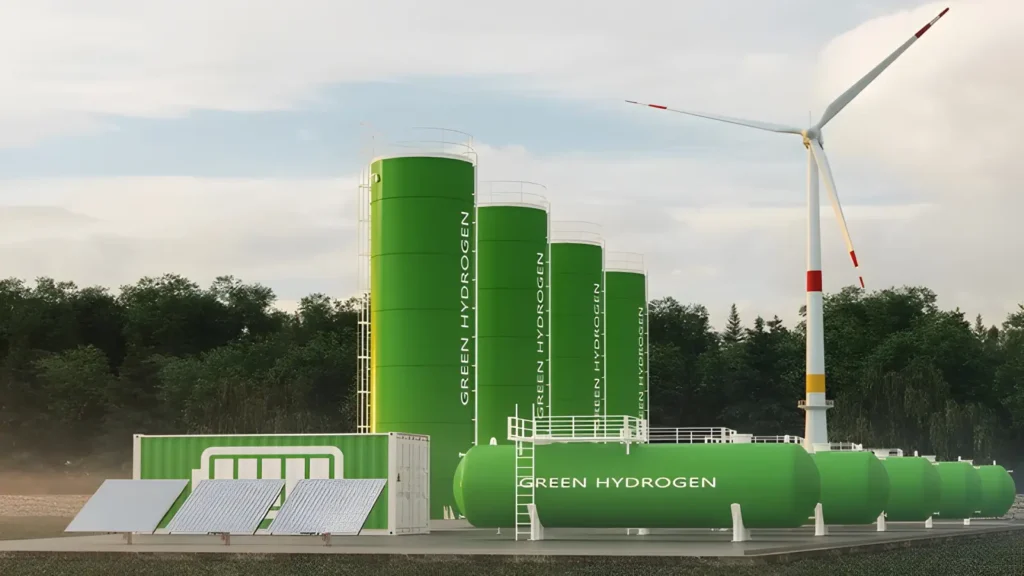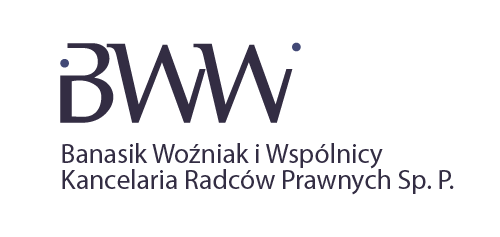Regulation for hydrogen at the finishing line

A smooth energy transition is a consistent effort in several areas, which can be called playing many pianos at the same time. Hydrogen is one of these instruments and will finally live to see its regulatory standards.
A dozen days ago, in an interview with Rzeczpospolita, Minister for Climate and Environment Paulina Hennig-Kloska announced, among other things, that a draft hydrogen law would be submitted to the Sejm in September. The production and use of green hydrogen is extremely important from the point of view of industrial development in Poland and the need to achieve climate neutrality.
I often say, as a lawyer who deals with the energy sector out of passion and mission, that without good regulations there is no effective transition. What, above all, does hydrogen development need from lawmakers?
Like any new, innovative field, it needs to be put into a common framework and define, for example, what activities in the hydrogen market will be licensed. A market that forms and develops must have a common language that is reflected in existing law. The draft introduces the concepts of definitions for the different types of hydrogen: low carbon, renewable and RFNBO (renewable of non-biological origin).
It also defines new operators for hydrogen activities: hydrogen system operator (OSW), hydrogen combined system operator (CSO) and hydrogen storage system operator (OSMW). There are also new types of contracts: the provision of hydrogen transmission and storage services and the hydrogen grid connection contract;
There is currently no dedicated hydrogen infrastructure, as we know, so the project introduces the institution of a combined gas-hydrogen system operator. The idea is that it will be the gas transmission system operator Gaz-System that will build the hydrogen transmission and storage system and will also be its operator.
The hydrogen regulations introduce similar principles for the hydrogen market to those for the natural gas market, including the principle of separation (unbundling) of generation and system activities and the choice of an appropriate ownership unbundling model for the hydrogen market.
There was already one unsuccessful attempt to introduce such regulations in the previous term of the Sejm. And without them, it will be difficult to talk about development and implementation of ambitious plans. All the more so as the National Fund for Environmental Protection and Water Management is calling for applications for the innovative use of hydrogen in transport. This includes the use of hydrogen in shipping or on the railways. Poland, meanwhile, is lobbying the EU’s environmental and energy councils to modify the rules for allocating support from the European Hydrogen Bank.
